“As long as food is delicious, and customers have a great evening, that’s all that matters”: Jay Patel, founder of Italian restaurant Legare in London Bridge
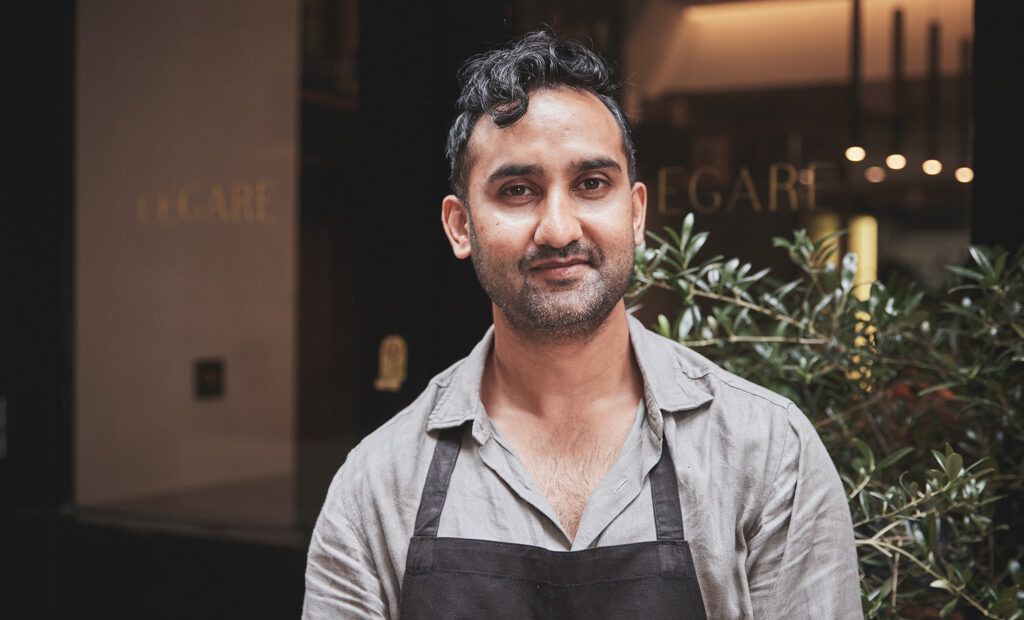
In a city saturated with local Italian restaurants and signature pasta spin-offs, Jay Patel cooks up a cannolo that is worth finding. The former Barrafina chef co-founded his small Bermondsey restaurant Legare back in 2019 with Trullo alumnus Matt Beardmore, and at the start of this year, the pair put themselves firmly on the map by earning themselves a Michelin Bib Gourmand. We spoke to Patel about the line between paying respect to tradition and owning one’s own menu, the importance of harbouring diversity in the hospitality industry and his hopes for expansion.
You founded Legare with chef Matt Beardmore. What are the benefits of running the restaurant as a pair? Do you ever come up with dishes collaboratively or do you curate a menu from individual ideas?
Collaboratively, Matt and I have very similar tastes in food, and he has full ownership of the menu. We then bounce dishes off each other so that the menu has a good overall balance. Matt looks at it from a kitchen perspective, whereas I tend to focus on the customer perception.
What’s the dish you are most proud of at Legare, past or present?
Cannoli. I think ours are the best in London. They’re not entirely traditional, but they are ours, and we’re proud of that.
What does it mean to have Michelin recognition? Do you aspire to get the coveted star or do you prefer to set your own personal benchmarks?
Looking back, Matt and I knew we were capable of getting a Bib Gourmand, but it was still a shock when we got it. I don’t aspire to get a star, but if it happens organically, because Michelin loves what we do, then I’d be very happy nonetheless!
What is it that appeals to you about Italian food in particular?
Simplicity… The provenance of ingredients.
How “authentic” do you feel cooking can be in the context of the London restaurant experience? What do you hope your customers can take away from a meal at Legare?
That’s a difficult question to answer. Authenticity is tricky to define in a restaurant experience because everything is copied to some extent. We’ve never professed Legare to be authentically Italian. It’s our take on the type of Italian food we like to eat. Some of the influences in our menu stretch as far as Andalusia, or Provence, but in the context of our menu, they work. We just want people to come and have a great dinner with warm service, and be looked after. If they want a truly authentic Italian experience… well then they would have to go to Italy and eat and drink the food and wine of that region, in that region.
What are your thoughts on “cultural appropriation” in cooking? Do you ever find it hard to navigate the line between paying respect to tradition and being open to experimentation?
Cultural appropriation is also a tricky one. I was accused of it in an Evening Standard review by David Sexton when we first opened, yet he proudly mentioned the River Cafe and Trullo as stalwarts of Italian cuisine, despite the owners of those two restaurants being as Italian as I am. Ultimately, we want to serve delicious food and wine that pays respects to tradition from the regions we’ve taken inspiration from. After that, it’s our menu, so we can do what we want. As long as it’s delicious, and customers have a great evening, that’s all that matters.
Who has most inspired you in your culinary journey?
My late mother and father-in-law are very inspiring people. Extremely hardworking and headstrong (in a good way). Career-wise I’ve had many great people who have provided me with advice along the way – José Pizzaro is a good friend and mentor, Leandro Carreira has always helped with advice when it comes to technique and recipe development, Cameron Dewar is a very close friend and one of the best sommeliers I know – the list is extensive, but it’s one of the reasons this industry is amazing. If you put the work in, people can only respect and help you if you need it! My time at Barrafina also showed me how the top-tier restaurants in London take pride in every element of the operation. It was watertight, and it shows in the way they run their restaurants and the business.
Legare is quite a modest space, with only 35 covers. Do you prefer a smaller venue, and if so, why?
Yes and no. Our size makes us a hidden gem, and very homely, which our customers love. But, in hindsight, it also hinders how profitable we can be because we turn away quite a few bookings every night. If it were four or five tables larger, it would be my ideal restaurant, but I’m happy that I started this size, so I can scale up in a manageable way.
What drew you to Bermondsey, both as a place to live and work?
My wife and I lived in Shoreditch for four years and it eventually became exhausting, to be honest. It’s a great place to be in your 20s, but we just needed somewhere with a real sense of community. Bermondsey has everything you could want in a local area – great restaurants, bars, coffee shops, parks etc – it’s a real community where locals see each other daily. We’ve been here for four years and love it!
How does your restaurant promote sustainability, and do you think the industry is moving fast enough with regard to the climate crisis?
Firstly, our size means we’re not churning through massive amounts of food, and we only order what we can physically fit in the building (as we don’t have a walk-in fridge). Waste is therefore very minimal compared to other places I’ve worked. The menu is small and seasonal, so when things run out, we replace them. Our proteins come almost exclusively from the UK, with seafood only coming from UK waters. You’ll never find tuna or any exotic fish on our menus as it goes against our ethos.
Regarding the climate crisis, this will have to be something we navigate through carefully as an industry. The unfortunate reality is restaurants by nature simply aren’t “sustainable” models as they require massive amounts of energy to run, alongside the daily produce requirements, wastage etc. But taking a considered approach through sourcing and provenance, reducing single-use plastics in supply chains and making small eco-friendly changes wherever possible we can all do better.
Chefs with mixed heritage are increasingly being celebrated, with more recognition of the rich results that come from cooking “across borders”. Could fusion food be the future in an increasingly globalised society?
Fusion was once a thing, and it will likely come back into fashion with a new name. Food by nature is a fusion of cultures – a lot of the southern Mediterranean has North African influence running through its food. For example, Sicily has a seafood couscous dish flavoured with saffron and nutmeg, which is stunning, and almost Moroccan/Algerian in its cooking and presentation.
Do you ever bring elements of your own background to your dishes?
Not at Legare. I’ll perhaps one day open an Indian restaurant, but not yet.
Do you feel that the multicultural nature of the London food scene is accurately reflected in the makeup of those in the kitchen? How might those in privileged positions do more to make the industry accessible?
It’s not, but that’s not a racism issue, it’s a talent pool issue. We need to tap into POC communities and get them to understand why this industry is rewarding in so many ways. However, it has to start from the top. The government needs to do more to make young people from various backgrounds aware of all of the opportunities that are around them, and put them in contact with those people. I recently saw Jeremy Lee doing a cookery course at my old school in Streatham, and I was blown away that he was showing kids how to cook and eat mussels!
Restaurants are finally starting to revive, how has the pandemic been for you, professionally, and do you have any plans in place to protect Legare in the future?
It’s actually been pretty good in all honesty. We’ve managed to tighten up as a business and drive forward in the right way. Moving forward we will have to see, as anything can happen. With VAT going back up, amongst other market factors coming into play, we’re not in the clear yet…
Are there any projects in the pipeline for Legare?
Matt and I have talked about opening a second Legare. We just need to make sure the first one is where it should be first, and that’s our main focus for now.
Rosamund Kelby
To book a table at Legare, Cardamom Building 31G Shad Thames SE1 2YR, call or visit their website here. Read our review of Legare here.

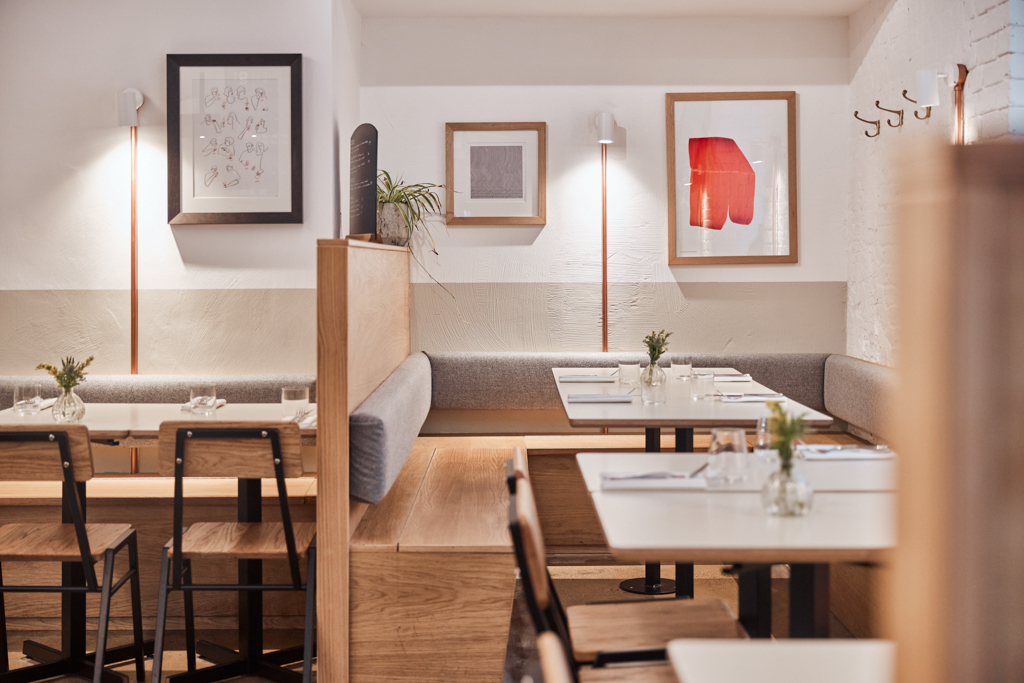
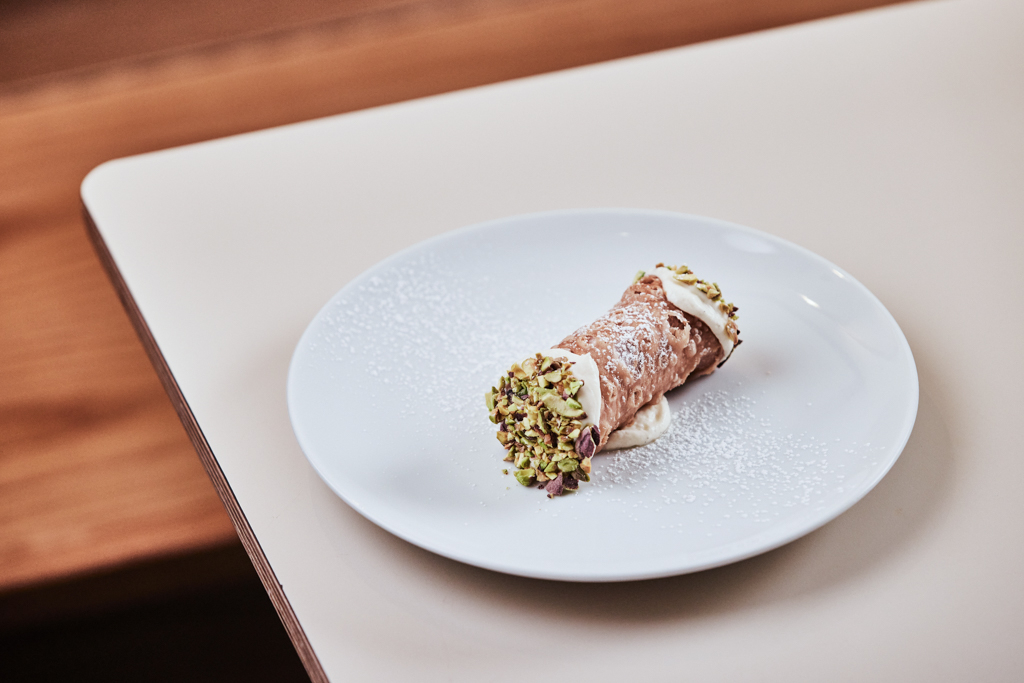
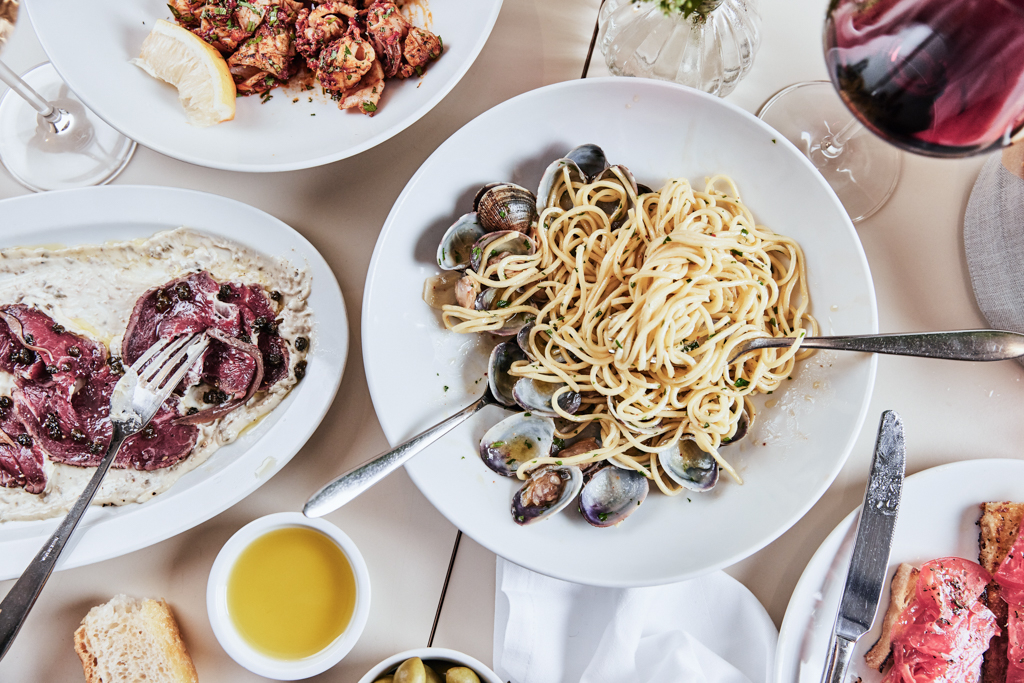
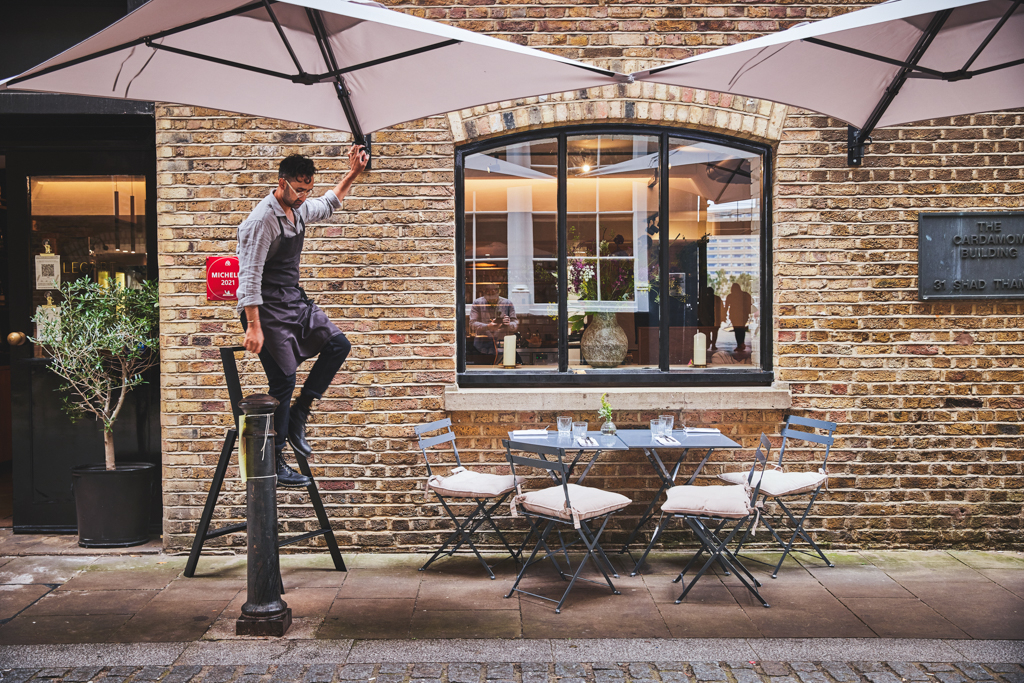
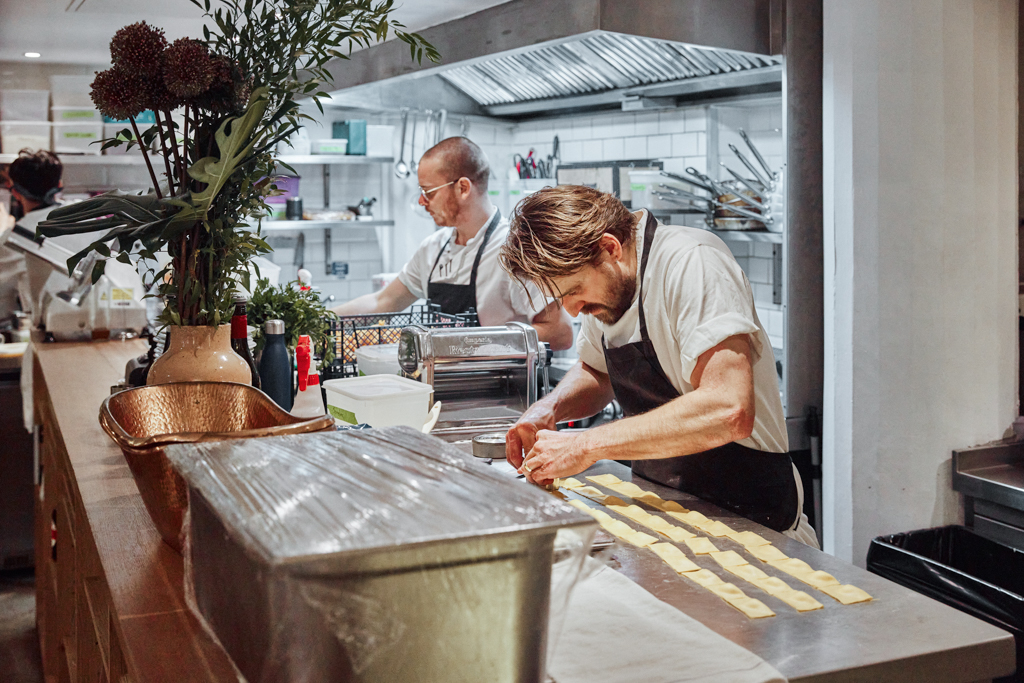
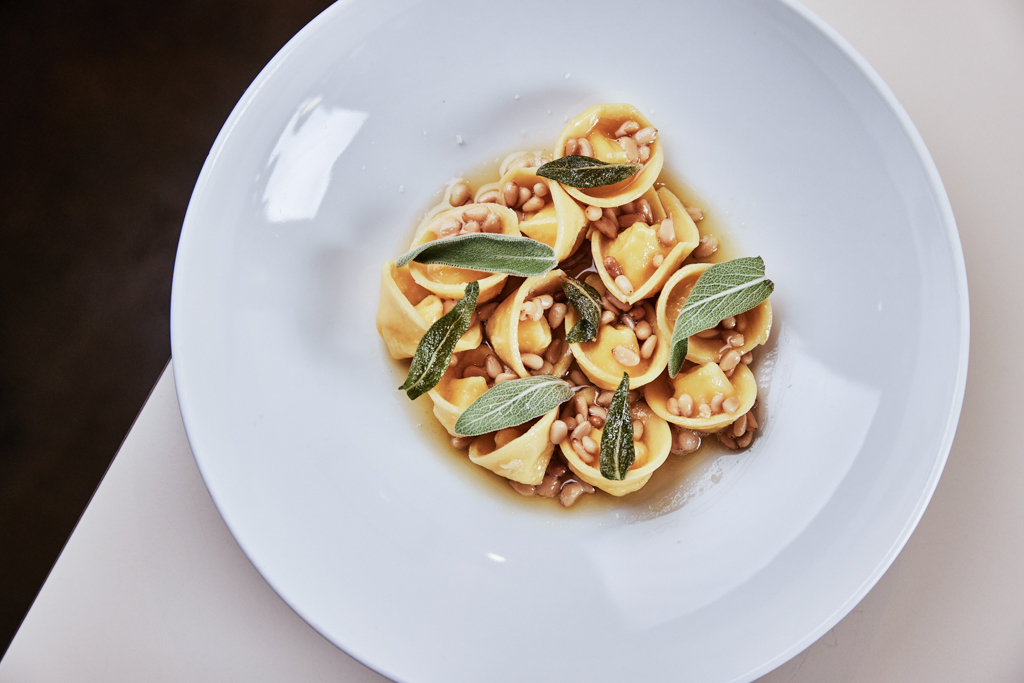
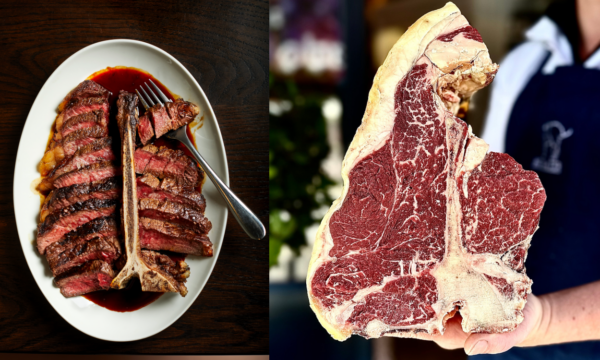
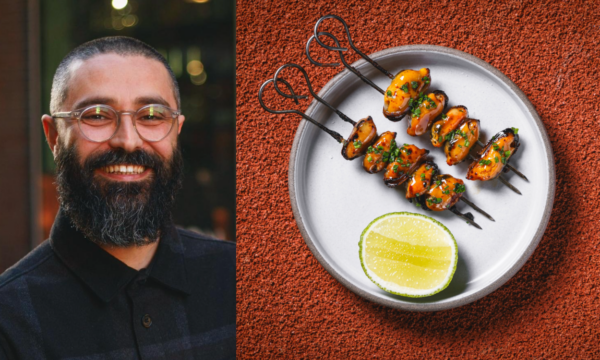
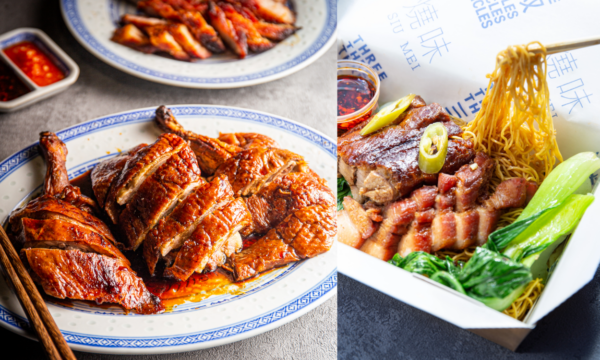
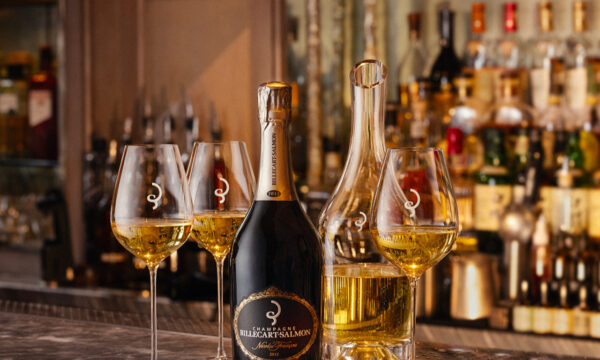
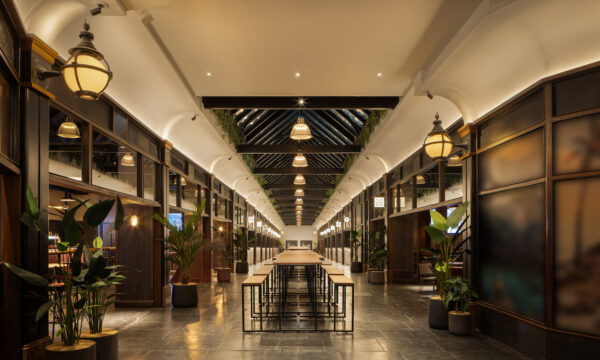
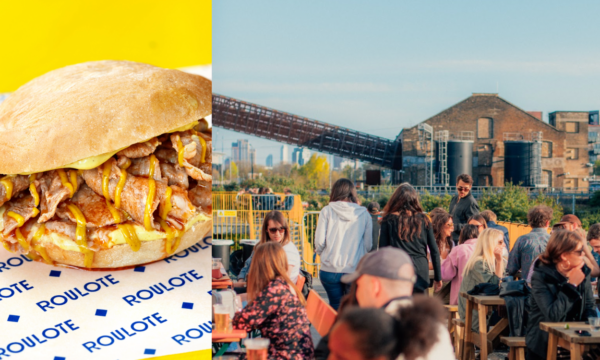
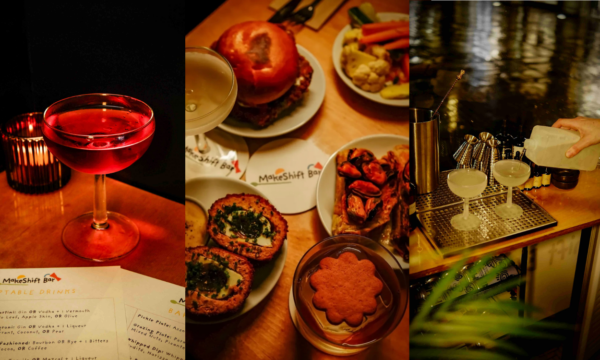
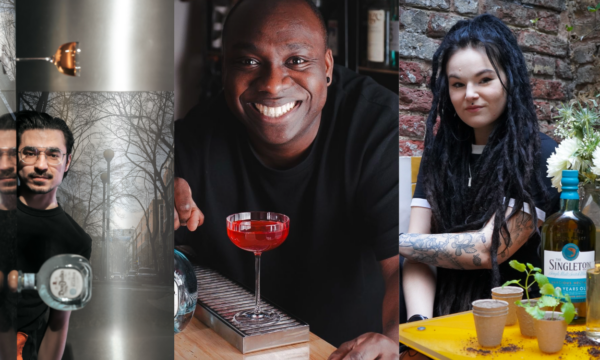
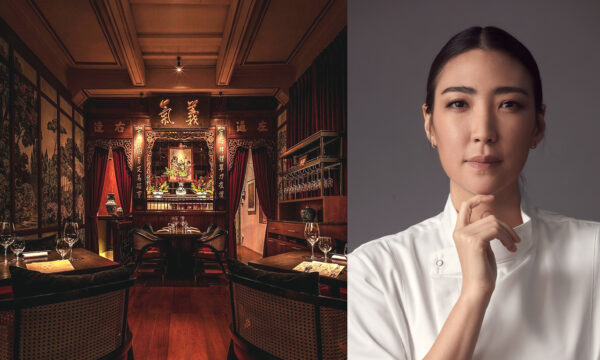














Facebook
Twitter
Instagram
YouTube
RSS